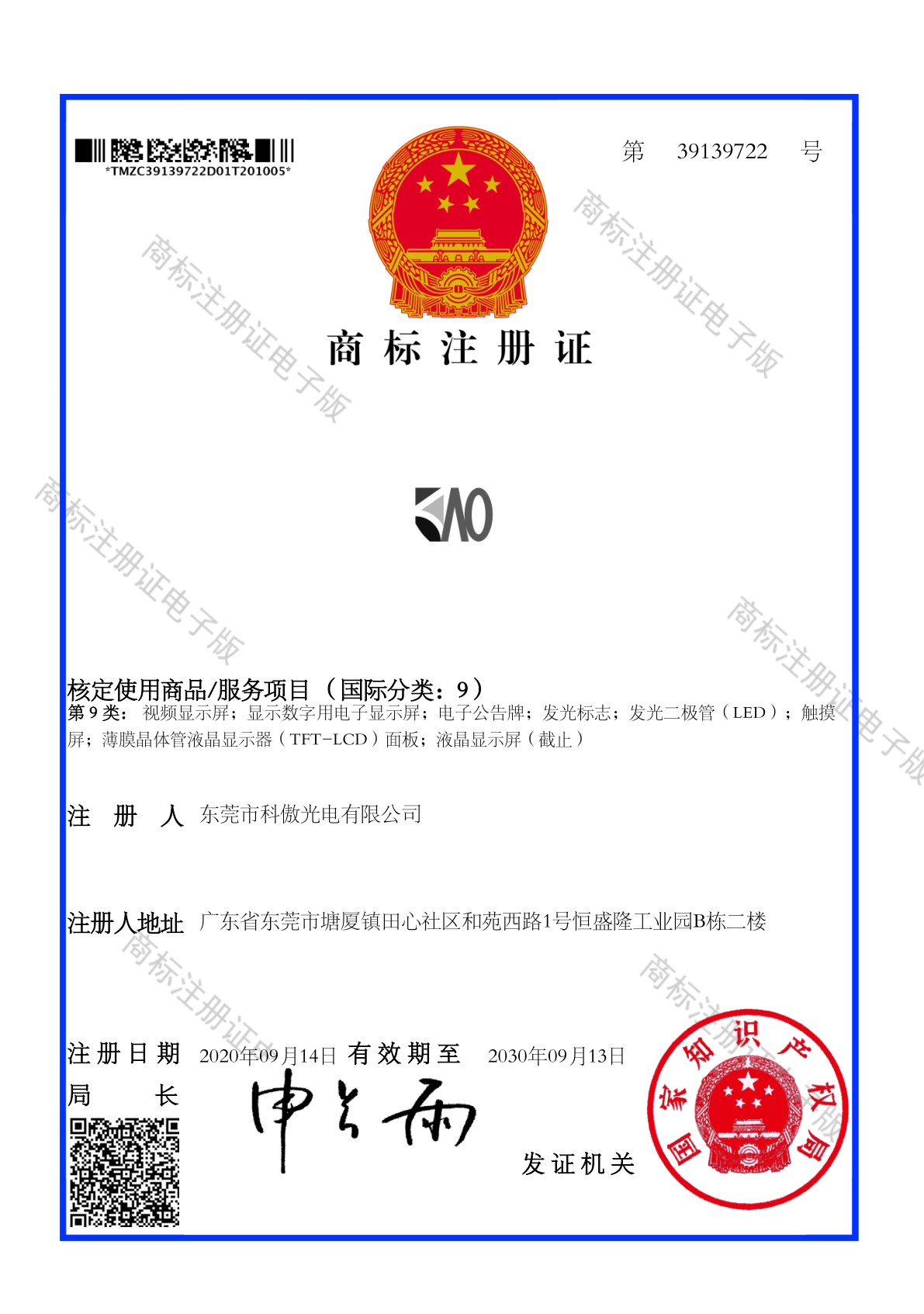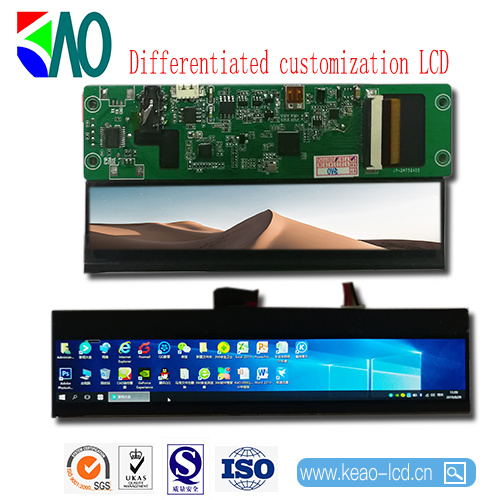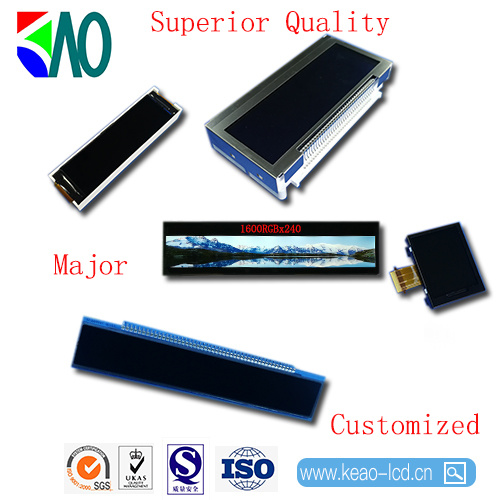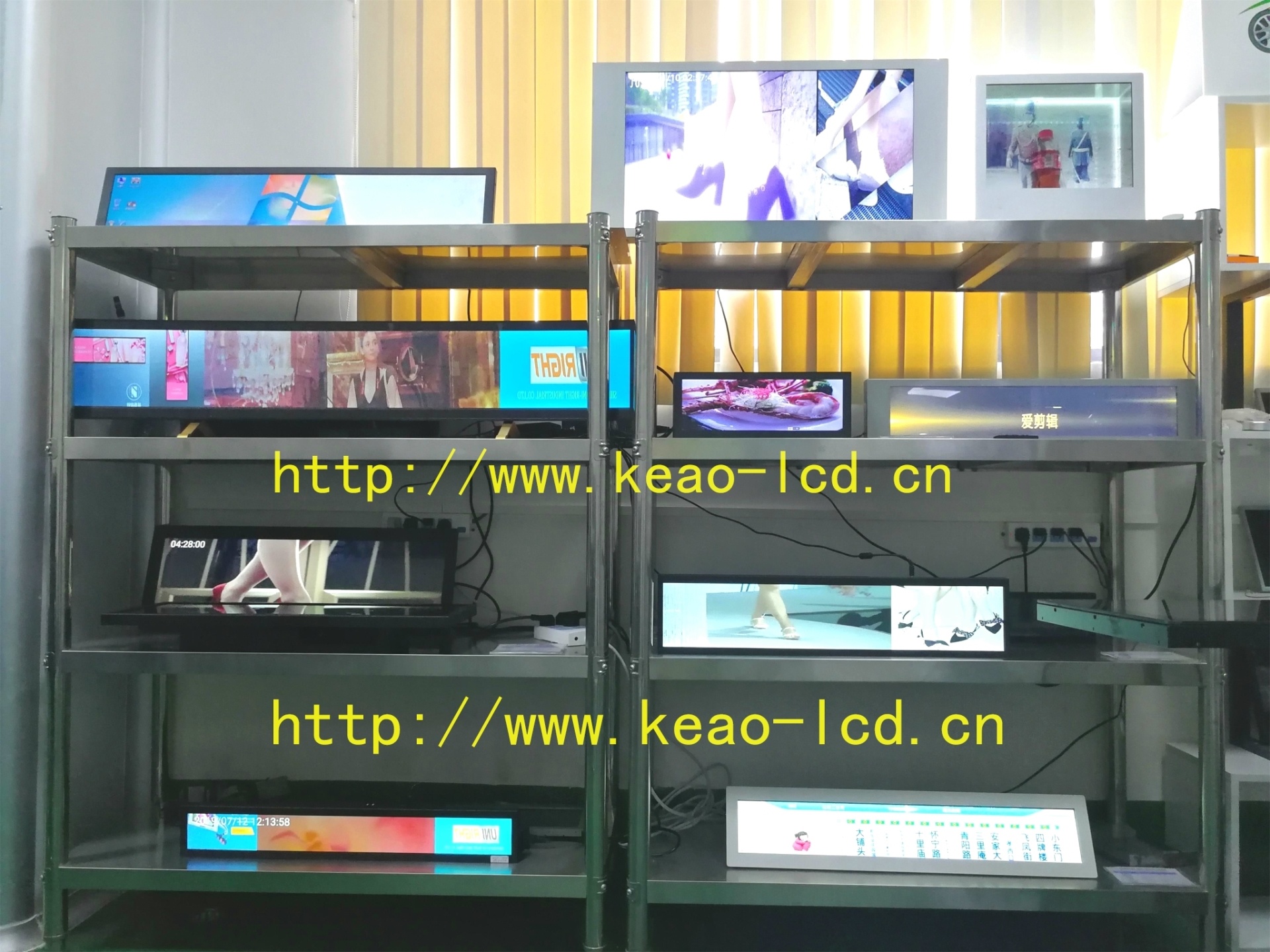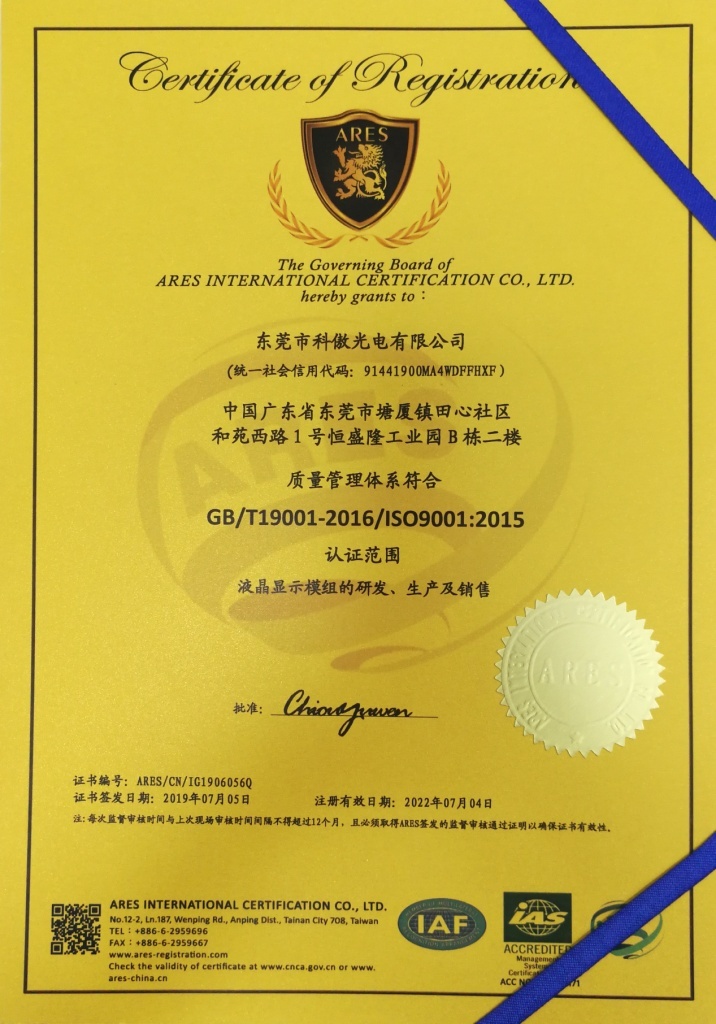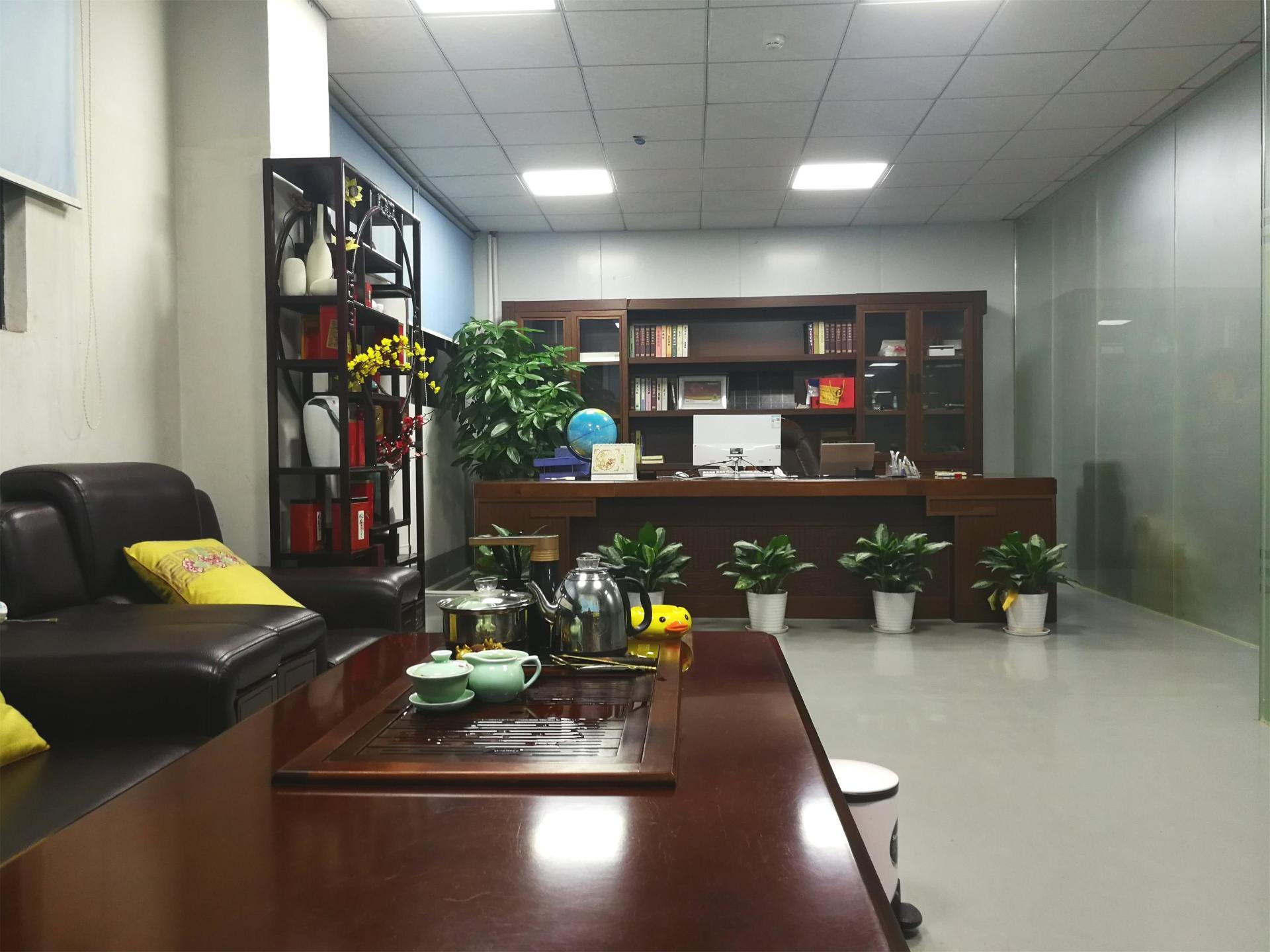VR equipment market is shifting from low-end, low-cost demand to high-end, Sony, HTC or benefit? Dongguan Keao Photoelectric Co.
VR LCD R&D Design
2019-08-07
With demand for Google's Cardboard and Daydream products and Samsung's Gear VR sharply declining, the virtual reality hardware market is shifting from cheap, low-performance headwear devices. As a result, high-end VR headgear makers such as Sony, Facebook's Oculus and HTC accounted for 77% of global revenue last year.
Sony's PlayStation VR has led a strong demand for VR headliners, with a 30% share of market revenue, while Oculus and HTC have 25% and 22% respectively, much higher than Google's 11% and Samsung's 5%, while the rest of the company has a 6% share. Strategy Analytics said that Sony's users may continue to grow as PS5 is expected to support PSVR, while HTC and Facebook platforms will be supported by businesses and the education sector.
Whenever talking about performance is like talking about grades to students, there are always several happy and sad families. This time, the sad ones are Google and Samsung. Google's market share has dropped from 21% to 11% year on year. Samsung, let alone Samsung, has almost abandoned the attempt to bundle Gear VR accessories with smartphones.
As the mainstream of the market shifts from low-end and cheap products to stop gifts and bundled sales, the number of titles dropped by more than 50% year-on-year, from 31 million in 2017 to 15 million last year. However, it should be noted that these figures include "head-wearing equipment" made of cardboard without any processing or display hardware. " As a result, VR hardware revenue fell only slightly, from $1.9 billion in 2017 to $1.8 billion last year.
"These simple devices help drive demand, but their era is coming to an end," explains David MacQueen, executive director of Strategy Analytics. "Our research shows that consumers who have tried VR really enjoy the experience, and they are looking for a better quality experience with better headgear. In 2018 and 2019, the real winners will come from the higher price, higher quality, and mainly from the VR equipment market connected to PC or mainframe.
Looking ahead, the company expects VR to play a key role in the 5G network, but says the right way to apply VR to the 5G market is challenging. "In VR and 5G, the right market entry strategy can determine winners and losers," said David Kerr, vice president of the company.
In fact, to show consumers more high-end, high-quality content and technology requires the joint efforts of operators and hardware manufacturers. This is a key limitation of VR promotion. Although hardware prices have improved, it will still be a barrier before market growth.
Dongguan Keao Optoelectronics staff are brave in exploring and learning, keeping up with the industry development efforts to lay a scientific and technological foundation for research and development and production of high-quality products!
Related news

